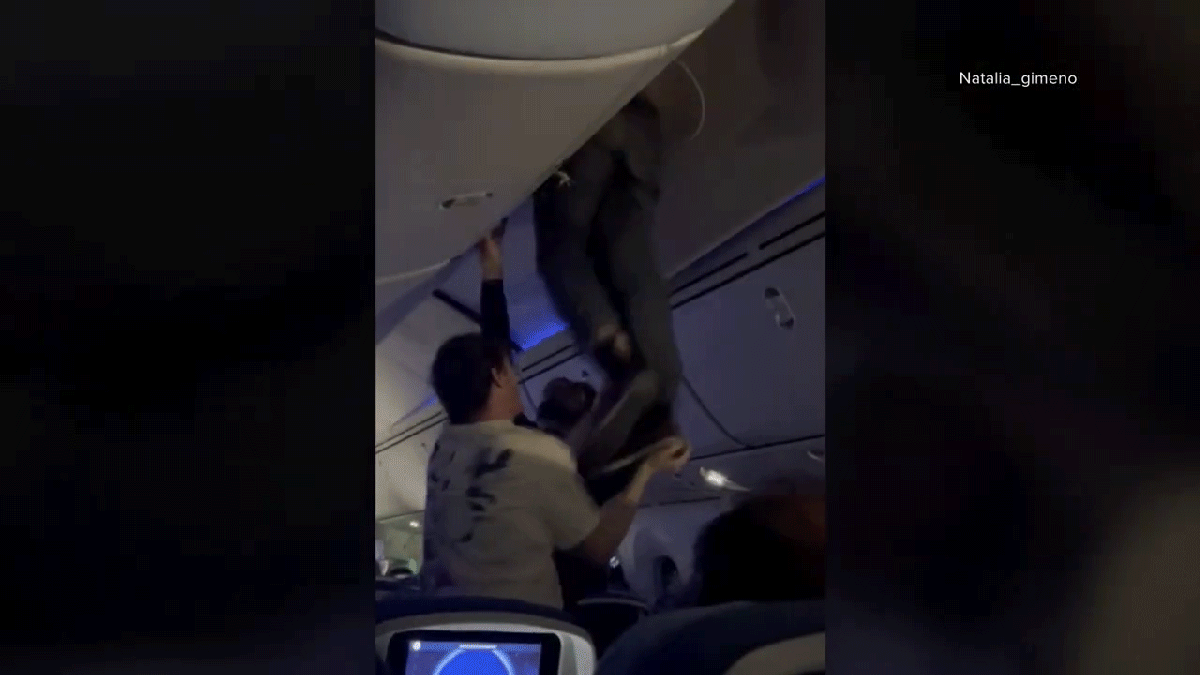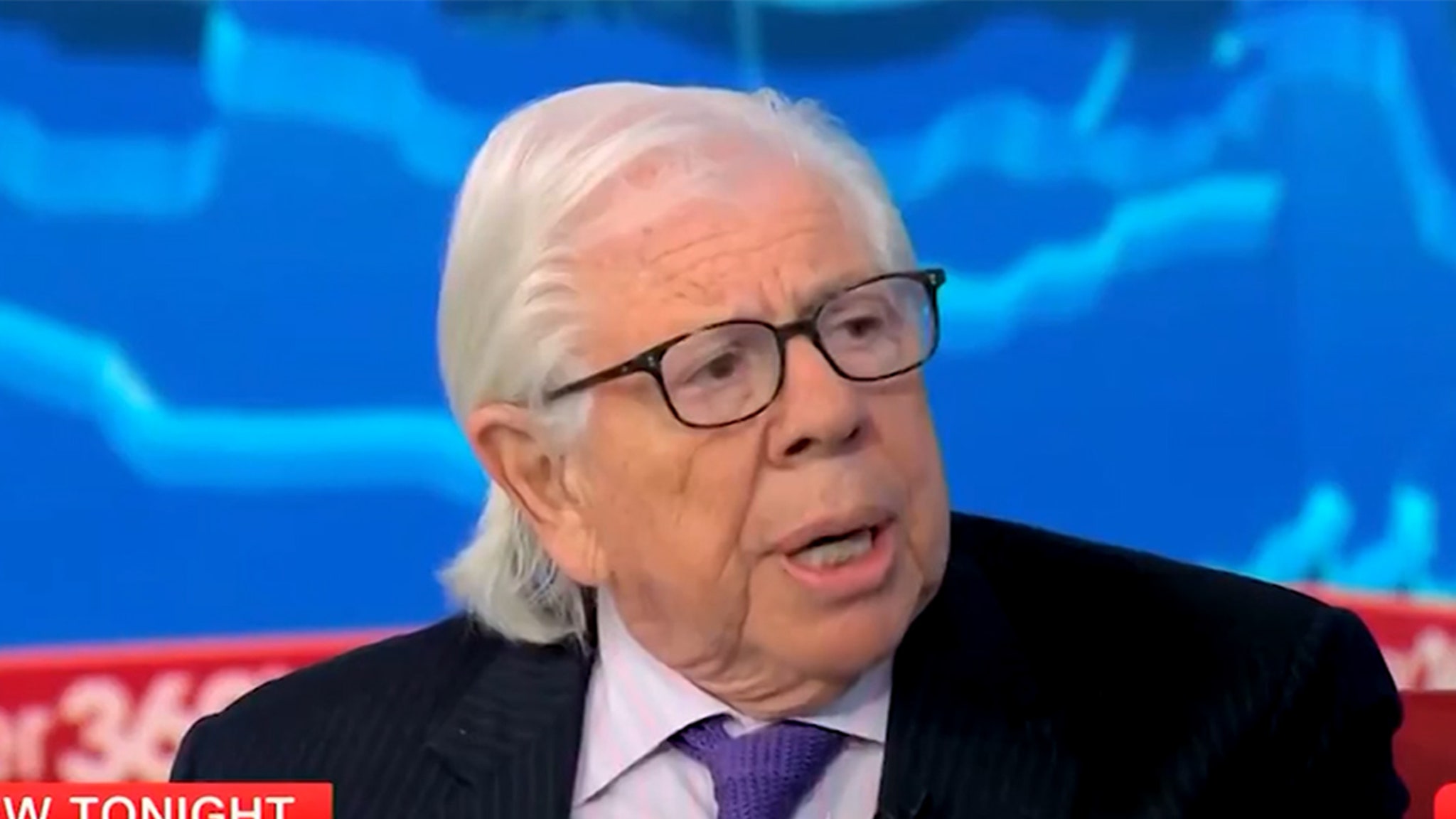Supreme Court Rules That Idaho Has to Allow Emergency Abortions—for Now
On Wednesday, in a little oopsie reminiscent of the notorious May 2022 Dobbs v. Jackson Women's Health leak, the Supreme Court inadvertently posted its second abortion rights ruling of this term on its website before swiftly deleting it. And on Thursday, by a 6-3 margin, the court purposely released its opinion and officially ruled that yes, doctors can provide pregnant people with emergency abortion care without fear of prosecution... at least temporarily. But, as Justice Ketanji Brown Jackson wrote in her concurrence, "storm clouds loom ahead." The case, Moyle v. United States, involved Idaho's near-total abortion ban and whether or not it can be fully enforced under the Emergency Medical Treatment and Active Labor Act (EMTALA), a decades-old federal law that states Medicare-funded emergency rooms must offer stabilizing care to patients—including, if necessary, abortion. But in its decision, the court merely ruled that the case was altogether "improvidently granted," and reinstated a lower court ruling from 2022 that allowed doctors to offer some stabilizing, emergency abortions without being prosecuted under Idaho's abortion ban. After Dobbs overturned Roe v. Wade in 2022, a wave of states, including Idaho, activated trigger laws to enact abortion bans. The Biden administration quickly issued a guidance reminding hospitals of their obligation to provide stabilizing abortion care under EMTALA, regardless of their state's abortion laws. Days before Idaho's ban took effect that August, the Biden administration sued the state, arguing its ban was "invalid" and at odds with EMTALA, because the ban's only stated medical exception is to prevent death. (There is also, technically, an exception for rape or incest—but only if the person files a police report and only in the first trimester. And that doesn't exactly help doctors make determinations about when to intervene in medical emergencies.) In light of the Supreme Court's decision, at least for now, Idaho must adhere to federal law, and allow hospitals to provide emergency abortions without threatening doctors. But, as Jezebel's Susan Rinkunas wrote shortly after the leak on Wednesday, this is hardly a triumph for abortion rights. “While this court dawdles and the country waits, pregnant people experiencing emergency medical conditions remain in a precarious position, as their doctors are kept in the dark about what the law requires," Jackson wrote. As she emphasizes in her concurrence, this deferral to the lower court isn't conclusive and could bring the case back within a matter of months. This means the case would hypothetically return to the Supreme Court after the presidential election, and, as Slate's Mark Joseph Stern argues, the court's maneuvering "reads like a politically motivated move to push an issue that's toxic for the GOP past the 2024 election." Further, the court doesn't offer any guidance on whether pregnant people actually have a fundamental right to emergency abortions—just as, in the recent case on medication abortion, the justices didn’t definitively rule that medication abortion can't be restricted in future litigation. In other words, the court punted. "Will this Court just have a do-over, rehearing and rehashing the same arguments we are considering now, just at a comparatively more convenient point in time?" Jackson wrote. "Or maybe we will keep punting on this issue altogether, allowing chaos to reign wherever lower courts enable States to flagrantly undercut federal law, facilitating the suffering of people in need of urgent medical treatment." During oral arguments for Moyle (named after Mike Moyle, the Idaho legislature’s Republican Speaker of the House who passed the ban) in April, Idaho argued that hospitals shouldn't have to provide stabilizing abortion care—even, for example, when someone's water breaks in the second trimester long before a…
On Wednesday, in a little oopsie reminiscent of the notorious May 2022 Dobbs v. Jackson Women's Health leak, the Supreme Court inadvertently posted its second abortion rights ruling of this term on its website before swiftly deleting it. And on Thursday, by a 6-3 margin, the court purposely released its opinion and officially ruled that yes, doctors can provide pregnant people with emergency abortion care without fear of prosecution... at least temporarily. But, as Justice Ketanji Brown Jackson wrote in her concurrence, "storm clouds loom ahead." The case, Moyle v. United States, involved Idaho's near-total abortion ban and whether or not it can be fully enforced under the Emergency Medical Treatment and Active Labor Act (EMTALA), a decades-old federal law that states Medicare-funded emergency rooms must offer stabilizing care to patients—including, if necessary, abortion. But in its decision, the court merely ruled that the case was altogether "improvidently granted," and reinstated a lower court ruling from 2022 that allowed doctors to offer some stabilizing, emergency abortions without being prosecuted under Idaho's abortion ban. After Dobbs overturned Roe v. Wade in 2022, a wave of states, including Idaho, activated trigger laws to enact abortion bans. The Biden administration quickly issued a guidance reminding hospitals of their obligation to provide stabilizing abortion care under EMTALA, regardless of their state's abortion laws. Days before Idaho's ban took effect that August, the Biden administration sued the state, arguing its ban was "invalid" and at odds with EMTALA, because the ban's only stated medical exception is to prevent death. (There is also, technically, an exception for rape or incest—but only if the person files a police report and only in the first trimester. And that doesn't exactly help doctors make determinations about when to intervene in medical emergencies.) In light of the Supreme Court's decision, at least for now, Idaho must adhere to federal law, and allow hospitals to provide emergency abortions without threatening doctors. But, as Jezebel's Susan Rinkunas wrote shortly after the leak on Wednesday, this is hardly a triumph for abortion rights. “While this court dawdles and the country waits, pregnant people experiencing emergency medical conditions remain in a precarious position, as their doctors are kept in the dark about what the law requires," Jackson wrote. As she emphasizes in her concurrence, this deferral to the lower court isn't conclusive and could bring the case back within a matter of months. This means the case would hypothetically return to the Supreme Court after the presidential election, and, as Slate's Mark Joseph Stern argues, the court's maneuvering "reads like a politically motivated move to push an issue that's toxic for the GOP past the 2024 election." Further, the court doesn't offer any guidance on whether pregnant people actually have a fundamental right to emergency abortions—just as, in the recent case on medication abortion, the justices didn’t definitively rule that medication abortion can't be restricted in future litigation. In other words, the court punted. "Will this Court just have a do-over, rehearing and rehashing the same arguments we are considering now, just at a comparatively more convenient point in time?" Jackson wrote. "Or maybe we will keep punting on this issue altogether, allowing chaos to reign wherever lower courts enable States to flagrantly undercut federal law, facilitating the suffering of people in need of urgent medical treatment." During oral arguments for Moyle (named after Mike Moyle, the Idaho legislature’s Republican Speaker of the House who passed the ban) in April, Idaho argued that hospitals shouldn't have to provide stabilizing abortion care—even, for example, when someone's water breaks in the second trimester long before a…
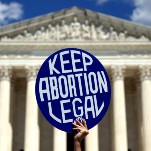




















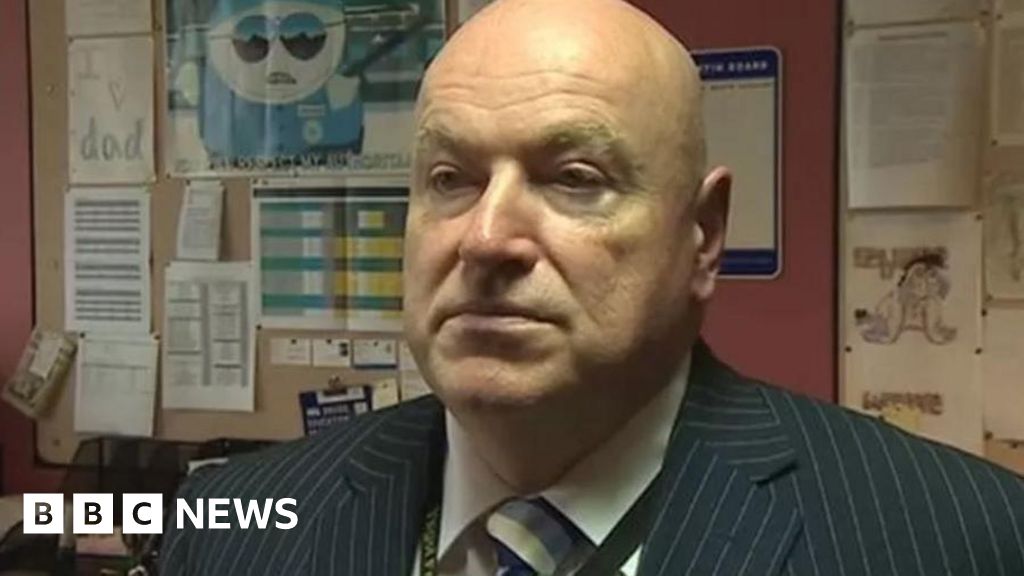
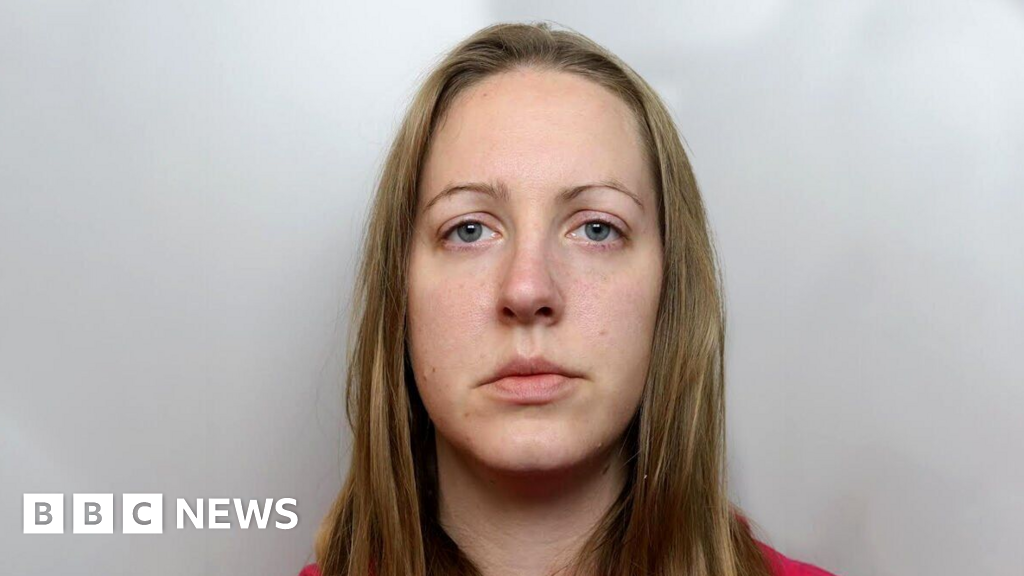








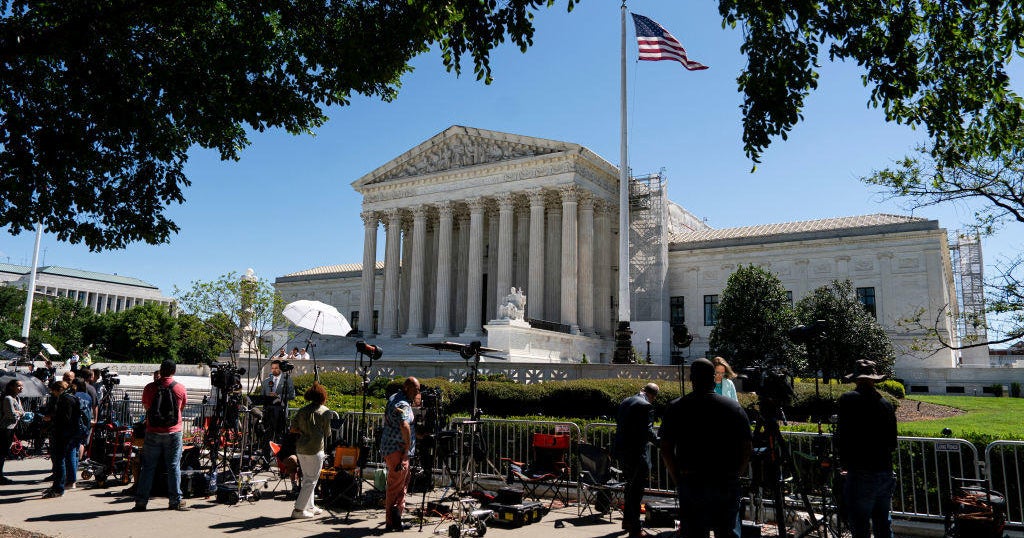




/cdn.vox-cdn.com/uploads/chorus_asset/file/25515007/VST_0702_Site.jpg)
/cdn.vox-cdn.com/uploads/chorus_asset/file/23923972/acastro_STK072_01.jpg)
/cdn.vox-cdn.com/uploads/chorus_asset/file/25508671/2158015570.jpg)
/cdn.vox-cdn.com/uploads/chorus_asset/file/25513863/https___cdn.sanity.io_images_xq1bjtf4_production_5655146b7d3320471fb6f605ad9c65581170fa86_6000x4000.jpg)






